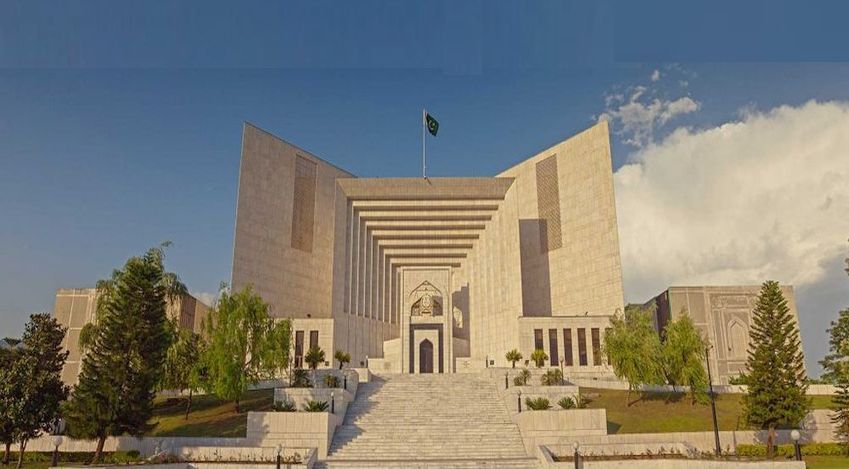Supreme Court of Pakistan Declares Zulfiqar Ali Bhutto’s Trial was in Violation of the Right of Fair Right and Due Process
Islamabad 09-07-2024: In a landmark advisory opinion, the Supreme Court of Pakistan has ruled that the trial and subsequent execution of former Prime Minister Zulfiqar Ali Bhutto were marred by significant legal and constitutional violations, rendering the proceedings unfair and biased.
The Court, led by Chief Justice Qazi Faez Isa, addressed the presidential reference filed under Article 186 of the Constitution, questioning the legality of Zulfiqar Ali Bhutto's trial. The judgment highlights multiple instances of judicial misconduct, deprivation of appeal rights, and breaches of due process.
The Court found that Mr. Justice Mushtaq Hussain, who transferred Zulfiqar Ali Bhutto’s case to the Lahore High Court and headed the trial, exhibited clear bias. This unprecedented move, conducted without legal justification, raised serious concerns about the fairness of the proceedings.
Zulfiqar Ali Bhutto and his co-accused were deprived of their right to appeal, a fundamental violation of Articles 4(1) and 9 of the Constitution, which guarantee treatment according to law and protection of life. The mandatory requirement for the High Court to confirm death sentences, as stipulated in Section 376 of the Code of Criminal Procedure, 1898, was not complied with, undermining a critical safeguard against wrongful execution.
The Court emphasized that the trial did not meet the requirements of a fair trial and due process, identifying major constitutional and legal lapses. The advisory opinion stressed the need for adherence to the principles of justice to prevent such miscarriages in the future. The Court also questioned the reliance on confessional statements made by co-accused individuals, which significantly influenced the trial’s outcome. This practice was scrutinized for its potential to undermine the integrity of the judicial process.
The Court acknowledged the relevance of the doctrine of repentance as mentioned in various Suras of the Holy Quran and Hadiths, though it noted a lack of assistance in applying these principles to the case. The Supreme Court's advisory opinion underscores the necessity of judicial integrity and the protection of fundamental rights. The judgment calls for an introspective examination of past judicial errors to ensure justice is served with unwavering fidelity to the law. The ruling has ignited a renewed discussion on judicial reforms and the upholding of due process in Pakistan's legal system.
The advisory opinion serves as a crucial reminder of the judiciary’s role in safeguarding constitutional rights and ensuring fair trials, especially in cases with significant political implications.
Powered by Froala Editor








